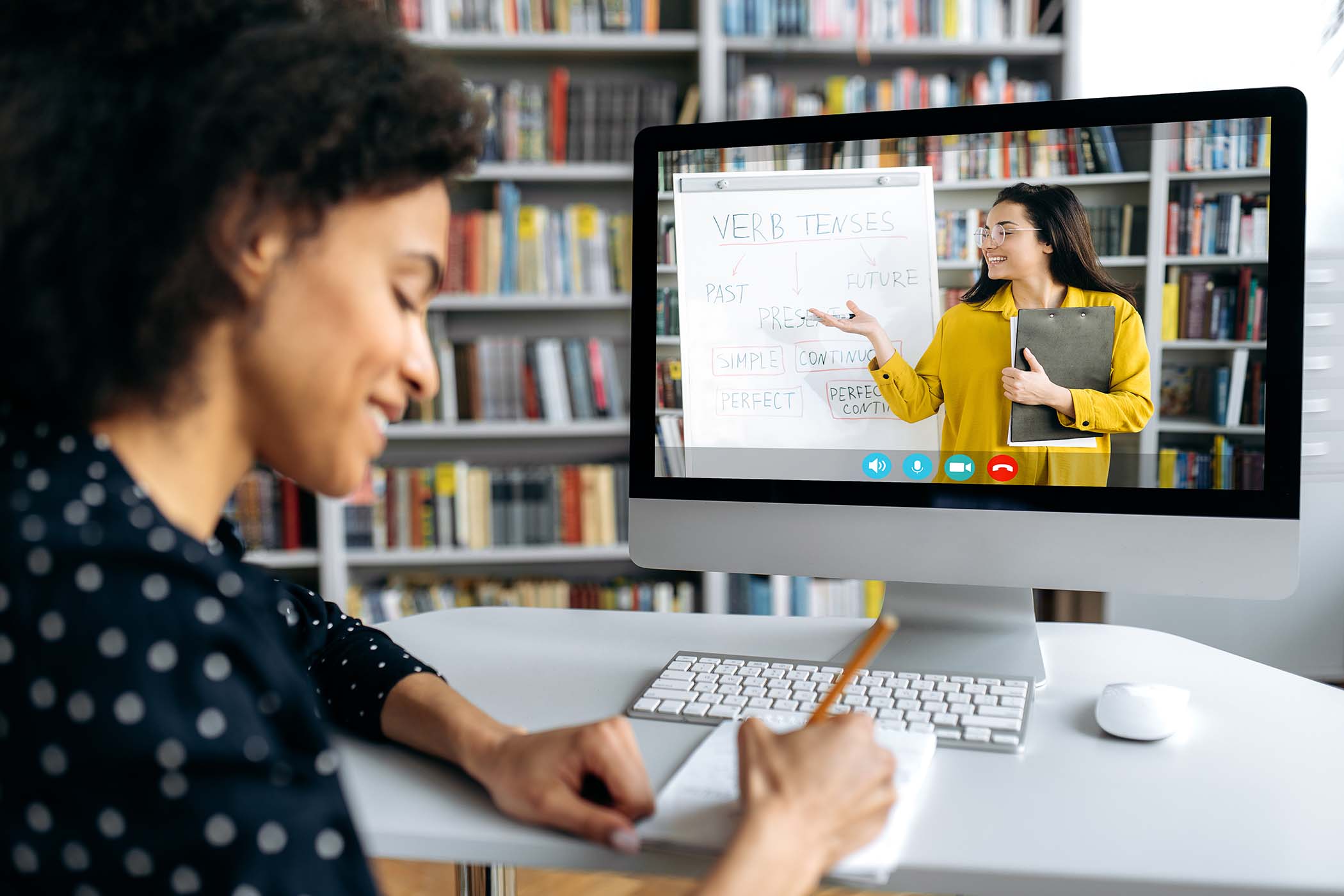Why Personalised Learning Matters:
Equipping Students with Practical Skills for Real-Life Success
Personalised learning goes beyond teaching language—it builds essential life skills like negotiation, presentations, confidence, and interview readiness. This approach adapts to the needs of each student, ensuring their learning experience is relevant and supportive. Here’s how this tailored method benefits students:


1. Learning Styles Tailored to Individuals:
-
- Visual Learners:Videos, infographics, and pictures bring lessons to life.
- Auditory Learners:Podcasts, discussions, and listening exercises foster deeper understanding.
- Kinaesthetic Learners:Interactive activities and Total Physical Response (TPR) keep engagement high through movement and hands-on practice.
2. Real-Life Relevance:
-
- Lessons cover useful scenarios, such as interview preparation, business presentations, or travel tips.
- Focused practice boosts confidence in professional and personal situations.
3. Phonetics and Pronunciation Training:
-
- Phonetic Symbols and Sounds: Learning phonetics helps students identify and produce challenging sounds accurately.
- Pronunciation Practice: Focused exercises improve clarity and fluency.
- Accent Reduction: Minimises misunderstandings and increases confidence when speaking in international settings.
Impact on Presentations and Corporate Meetings:
-
- Clear pronunciation and intonation establish credibility and authority.
- Strong verbal communication enhances engagement during large meetings, particularly in international, English-speaking contexts.
4. Customised Lesson Structures:
-
- Comprehension Exercises: Reinforce understanding through stories and real-world examples.
- Vocabulary Building: Introduce practical terms linked to daily life or job roles.
- Grammar Practice: Improve communication through relatable, scenario-based grammar tasks.
5. Interactive Discussions:
-
- Thought-provoking, open-ended questions connect new concepts with students’ experiences.
- Conversations build critical thinking and problem-solving skills.
1. Confidence Boost:
Personalised goals and content tailored to their pace help students take ownership of their progress.
2. Improved Retention:
Content tied to their interests makes lessons memorable and enjoyable.
3. Immediate Practical Use:
Skills like interview preparation, negotiation, phonetic pronunciation, and public speaking are practised and applied in real-life contexts.
4. Enhanced Professional Presence:
Fluent and precise pronunciation creates a strong first impression and improves performance in presentations, negotiations, and high-level meetings.
.
5. Reduced Anxiety:
A relaxed learning environment supports students as they work through challenges, turning mistakes into growth opportunities.
6. Holistic Skill Development:
Lessons integrate language learning with soft skills like critical thinking, problem-solving, and adaptability.
7. Progress for All Levels:
Whether they’re beginners or professionals, every student benefits from level-appropriate content that keeps them advancing steadily.

This approach moves beyond a standardised model by prioritising inclusivity, engagement, and practical relevance, equipping students with essential skills for lifelong learning and personal growth.
